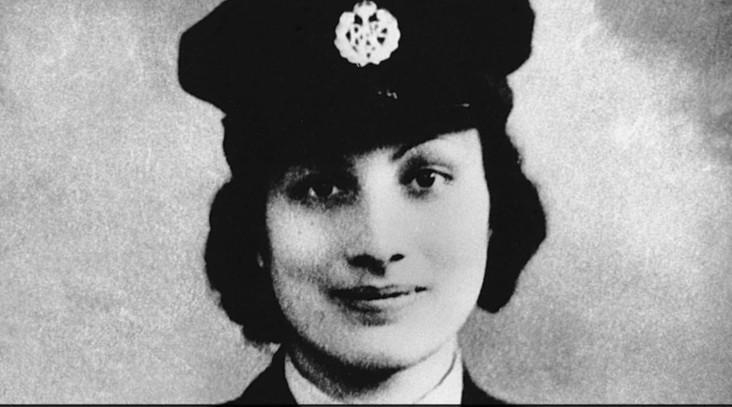
France honours British Indian spy & Tipu Sultan’s descendant Noor
In a remarkable tribute, France has honoured Noor Inayat Khan, a descendant of Tipu Sultan and a World War II undercover British agent, with a commemorative postage stamp. This makes her the only Indian-origin woman to receive such a tribute. Noor’s bravery and sacrifice during the war have been recognized and celebrated by France, a country she gave her life for.
Noor Inayat Khan was born on January 2, 1914, in Moscow, Russia, to an Indian father and an American mother. Her father, Inayat Khan, was a musician and a Sufi mystic who was a descendant of Tipu Sultan, the legendary ruler of Mysore. Noor’s family moved to England when she was a child, and she grew up in a culturally rich and diverse environment. She was educated at the University of Paris, where she studied child psychology and music.
When World War II broke out, Noor joined the Women’s Auxiliary Air Force (WAAF) in England. She was later recruited by the Special Operations Executive (SOE), a secret British organization that conducted espionage and sabotage operations behind enemy lines. Noor was trained as a wireless operator and was sent to France in 1943 to work with the French Resistance.
Noor’s work in France was incredibly brave and dangerous. She was one of the few female agents working in the field, and she faced enormous risks every day. She transmitted vital information back to England, helping to coordinate the efforts of the French Resistance and the Allied forces. Despite being constantly pursued by the Gestapo, Noor continued to work tirelessly, earning the respect and admiration of her colleagues and the French people.
Tragically, Noor was eventually captured by the Gestapo in 1943. She was interrogated and tortured, but she refused to give up any information about her work or her colleagues. She was sent to the Pforzheim prison in Germany, where she was kept in solitary confinement. In 1944, she was transferred to the Dachau concentration camp, where she was executed on September 13, 1944.
Noor’s bravery and sacrifice have been recognized and celebrated by both France and Britain. She was awarded the Croix de Guerre, France’s highest civilian honour, and Britain’s George Cross, the highest award for bravery not in the face of the enemy. Now, France has honoured her with a commemorative postage stamp, a testament to her enduring legacy.
The commemorative postage stamp is a fitting tribute to Noor’s memory. It recognizes her courage and sacrifice, and it celebrates her contributions to the Allied war effort. The stamp features a portrait of Noor, along with a brief description of her work and her bravery. It is a powerful reminder of the important role that women played in the war, and the sacrifices they made for the sake of freedom and democracy.
Noor’s story is an inspiring one, and it serves as a reminder of the power of courage and determination. She was a woman of incredible bravery and conviction, who risked everything to fight against tyranny and oppression. Her legacy continues to inspire people around the world, and her memory will live on as a testament to the enduring power of the human spirit.
In conclusion, France’s decision to honour Noor Inayat Khan with a commemorative postage stamp is a wonderful tribute to her memory. It recognizes her bravery and sacrifice, and it celebrates her contributions to the Allied war effort. Noor’s story is an inspiring one, and it serves as a reminder of the important role that women played in the war. Her legacy will continue to inspire people around the world, and her memory will live on as a testament to the enduring power of the human spirit.






